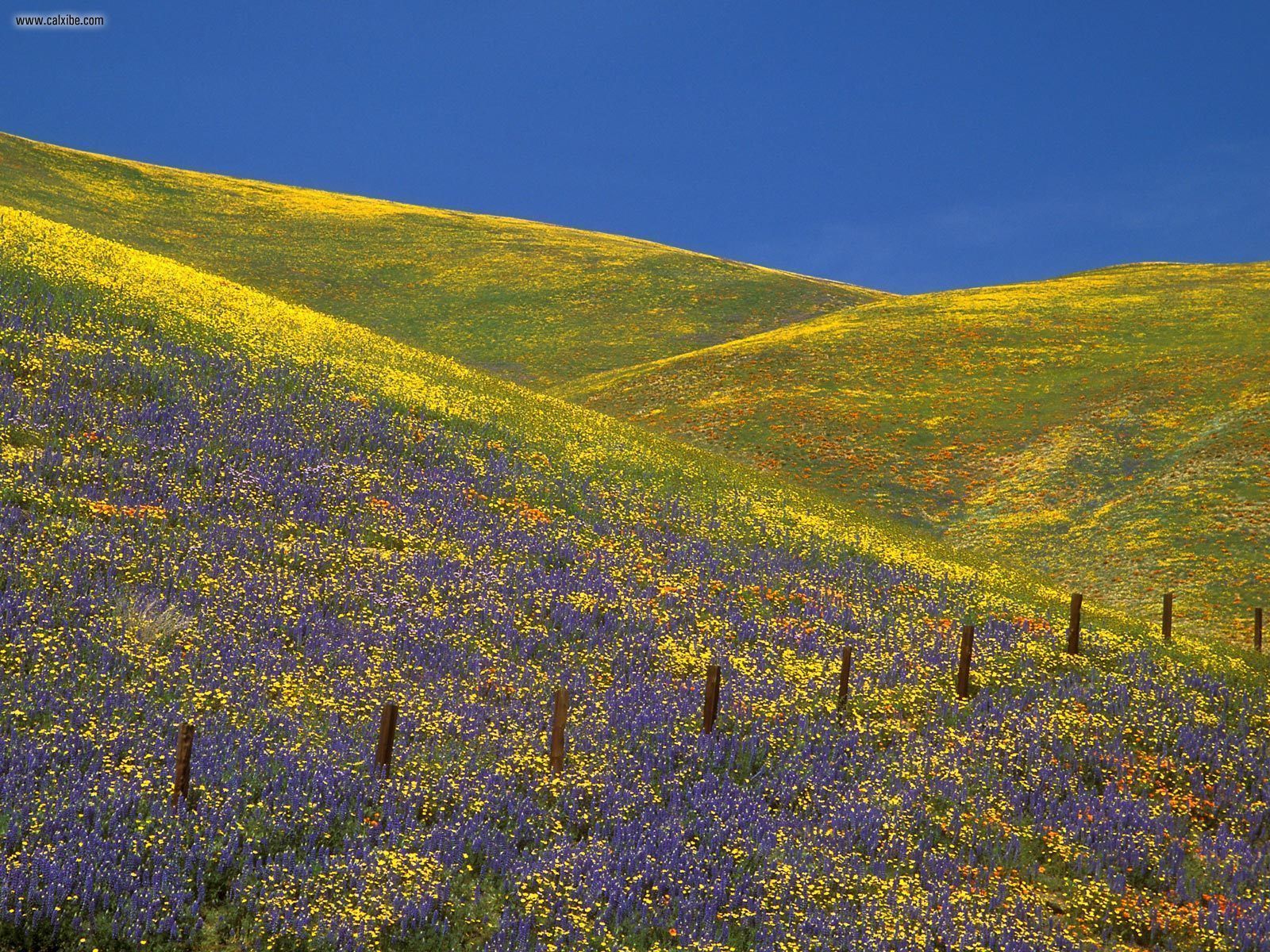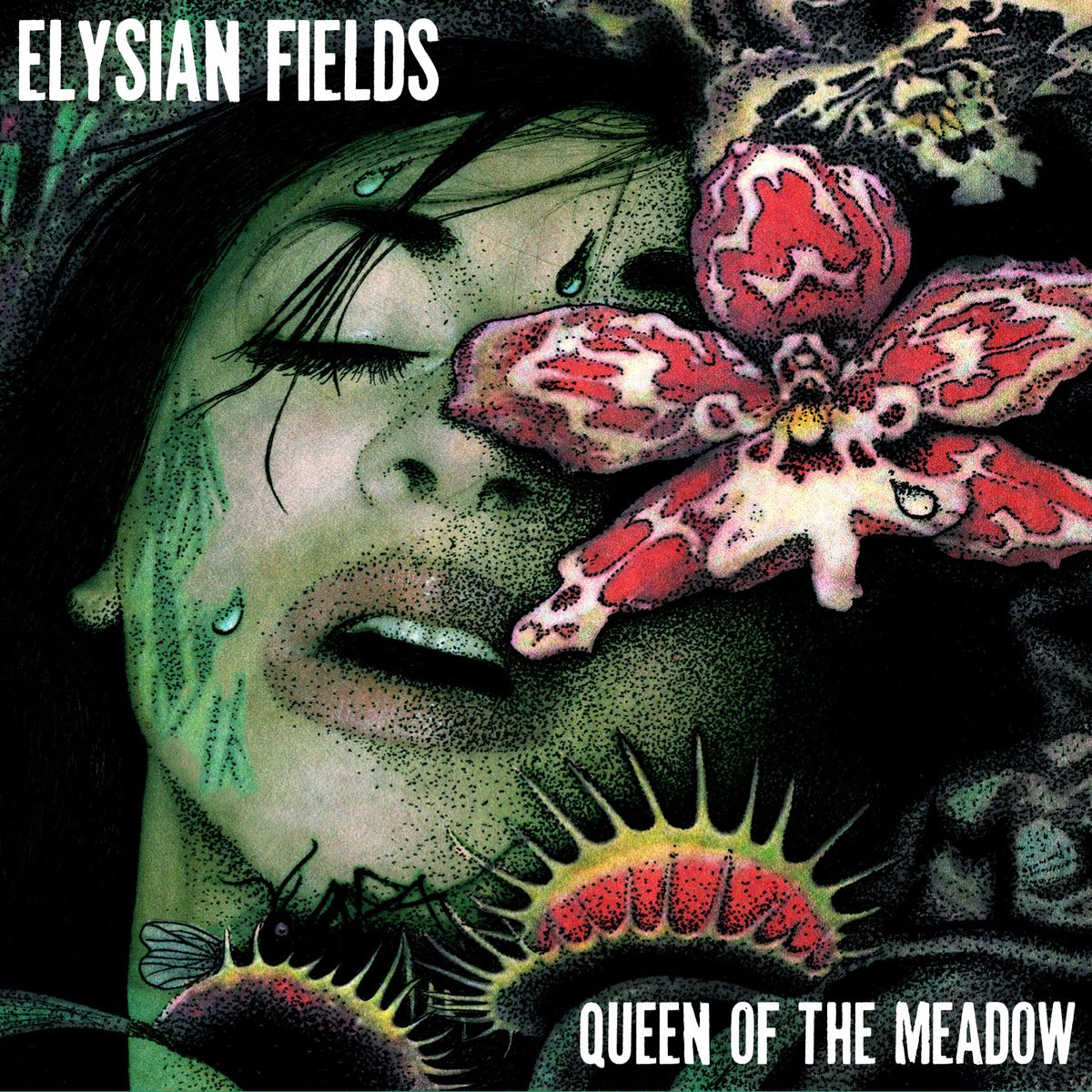Elysium, sometimes called Elysian Fields or Elysian plains according to Greek mythology, is a paradise where heroes whom the gods conferred immortality would go. According to Homer’s writing, Elysian Plain was a place of perfect happiness at the end of the earth found on Oceanus banks.
Hesiod also described Elysium as the Isles of the Blessed. Earlier authors say only the people especially favored by the gods would be sent to Elysium and were made immortal. However, by the time of Hesiod, Elysium was a dead people’s place while from Pindar onwards, entrance to Elysium was through a righteous life.
Tighten your seat belt as we discover the Elysium mythology below. Read on.

Table of Contents
Paradise
Religion today talks about paradise as a place free from suffering and pain. It is where people that have lived a righteous life go to in the afterlife. In Christianity, Paradise is a place of refreshment and rest where the righteous will enjoy the glorious presence of God.
Islam, on the other hand, considers paradise as a place where the blessed experience spiritual and sensual happiness. In Christianity, paradise is used as the Garden of Eden’s Synonym before Adam and Eve were expelled out of it.
An Earthly paradise is portrayed to have existed in a time when earth and heaven were close together or touching. During this time, gods and humans had a happy and free association.
Origin of Elysium Mythology
The Elysian Fields is a concept of the afterlife which developed over time and was maintained by Greek philosophical ad religious sects and cults. In the beginning, it was separate from the realms of Hades and admission was reserved for mortals linked to gods and other heroes.
Later, it expanded to accommodate humans chosen by the gods, the heroic and the righteous. They would remain in the Elysian Fields after death to live a happy, blessed and refreshing life and indulging in the employment they had while they lived.
Location of Elysium Fields
According to Homer, Elysium was located on the western edge of the Earth near the stream of Okeanos. During the time of Hesiod, a Greek poet, Elysium was also called the ‘fortunate Isles’ or the ‘Islands or Isles of the Blessed’ found in the Western ocean at the end of the earth.
These Isles were later reduced to a single Island, according to Pindar, a Theban Poet, who described it as having shady parks and with residents participating in musical pastimes and athletic. Various authors mention different rulers of Elysium.
For instance, Hesiod and Pindar named Cronus as Elysium’s ruler while poet Homer in the Odyssey talks of fair-haired Rhadamanthus who dwelled there.
Modern Influence
The Elysium mythology has been adopted by various modern popular cultures, literature, films and art. Examples include New Orleans neighborhood of Elysian Fields in a play ‘A Streetcar Named Desire’ equivalent to déclassé purgatory were Stanley, Stella Kowalski and Blanche Dubois live.
It also provides a second setting act of Elmer Rice’s that talks about ‘how a few hedges keep alive our lost Elysium’. The most prestigious avenue in Paris-avenue des Champs-Elysees is French for ‘Elysian Fields’.
The neighboring Elysee Palace is home for the president of France which is why “l’Elysee” is frequently used as a metonym for the French presidency, similar to the White House in America.

Significance
Since Greek and other mythologies also affect our cultures today, The Elysium concept was to show that when you live a righteous life (love your neighbors, treat other people well and any other way you can define it according to your culture or religion), there is a reward that awaits you in the afterlife.
Also, when you do heroic acts, you get to be rewarded in the afterlife too. In other words, all the good acts people do as they live are ‘recorded’ and hence will be the permit for entering a good place in the afterlife.
Different cultures and religions might have different names for ‘paradise’, but it all means a place of rest, good and happy life.
Conclusion
Elysium or Elysium fields, according to Greek mythology, is the place where the gods sent people after conferring them immortal. It is equivalent of today’s paradise-a place of rest, perfect happiness and or blessed dead. It is a place you go to in the afterlife after living a righteous life.
